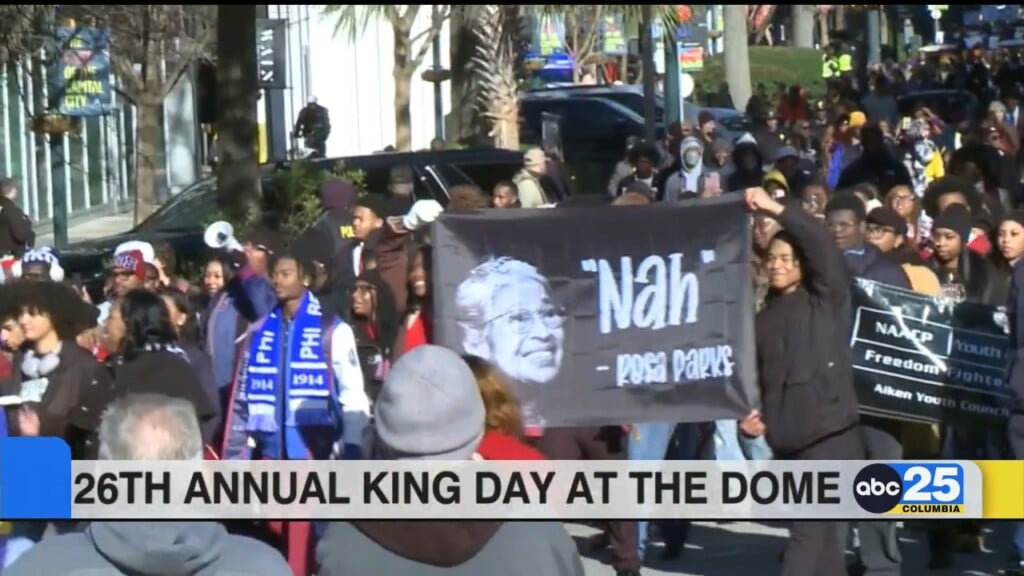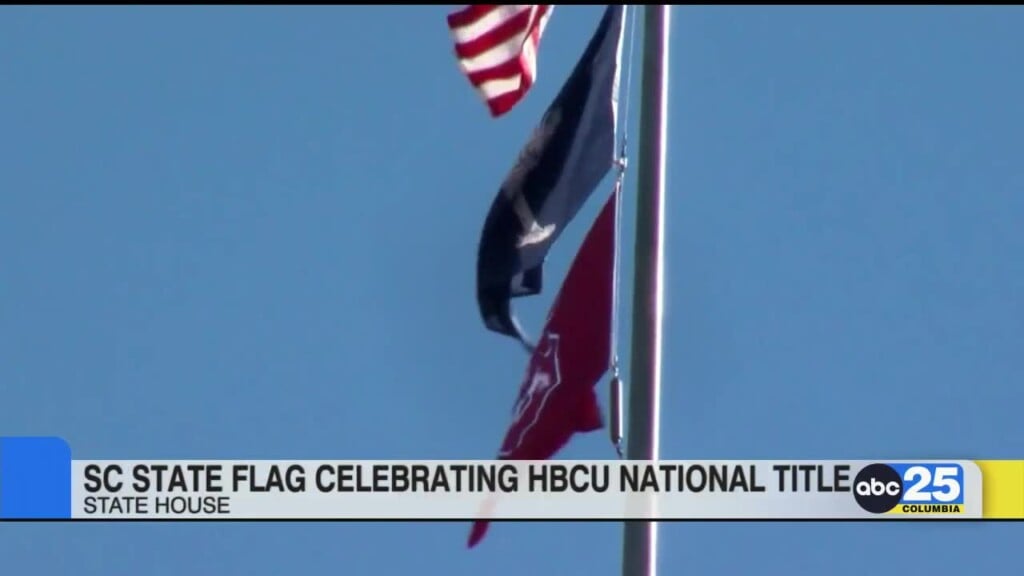Statewide pause on foreclosures, evictions set to expire Friday
The lone exception is if someone receives federal loans or lives in federally-assisted housing
COLUMBIA, S.C. (WOLO) —Evictions and foreclosures will start happening again in South Carolina.
A pause on removing people from their homes ordered by the South Carolina Supreme Court is set to expire Friday.
With thousands of people already losing their jobs due to the coronavirus, Sue Berkowitz with the SC Appleseed Legal Justice Center says she’s worried more people could lose their homes.
“People want to pay their bills, and the hardest thing for someone to do is not be able to pay, and during these times, the last thing we want to see is people go homeless,” Berkowitz said.
South Carolina Supreme Court Chief Justice Donald Beatty ordered a pause on all evictions and foreclosures until May 15.
However, people who receive federal loans or lived in federally-assisted housing developments are exempt under the CARES Act, who can’t receive eviction notices until July 24, and in turn, can’t be forced to leave their homes until August 23.
Columbia Housing receives federal support through the Department of Housing and Urban Development (HUD), and their board has taken measures to help people who have lost income.
“We immediately made the changes we needed to, to adjust the amount of subsidy that we would offset and pay the landlords for those families to remain housed,” said Ivory Mathews, the Interim Executive Director of Columbia Housing.
Meanwhile, for those struggling with mortgage payments, some say it’s be aware of all options, especially if someone is considering going into forbearance.
“If the word ‘forbearance’ is listed on their credit report, then that’s looked at similar to a foreclosure, which takes them out of the mortgage market for years,” said David Cain of Resource Financial Services.
Knowing options can also be helpful if someone is renting renting, especially if that person is receiving unemployment benefits and depending on that income to pay rent.
“Have the conversation with your landlord and let your landlord know what you’re trying to do to get that resource and the problems that you’re having, and let them know as soon as that money comes in, you’re going to pay,” Berkowitz said.
The South Carolina Supreme Court also says eviction hearings will be staggered in order to prevent large gatherings of people, and that if a landlord brings an eviction notice against someone receiving federal aid, then it will be promptly thrown out.


